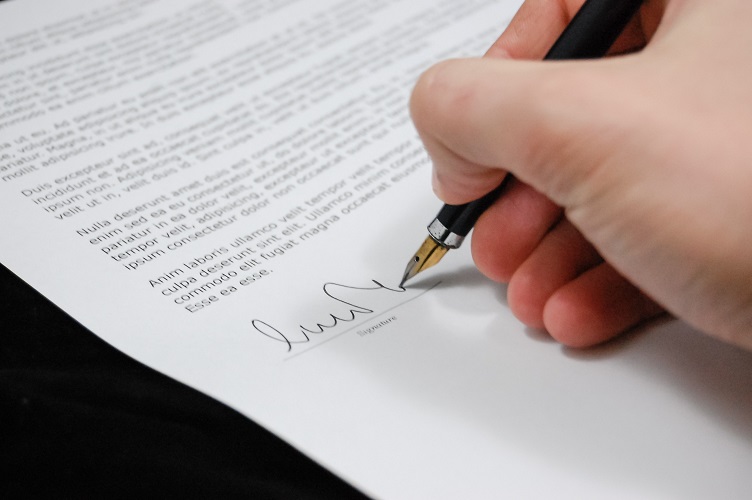
How to Get a Literary Agent
Getting represented by a literary agent is every writer’s dream come true. If you want to sign a book deal with a Big 5 publisher, getting an agent is an important step in that process. Here’s how you can get started on your journey to representation.
First things first: what is a literary agent, and why do you need them?
A literary agent is a kind of mediator between you and the publisher. They help you land a book deal, negotiate terms of the contract, and hold your hand as you navigate the scary world of traditional publishing.
This is exactly why you need them, but another big reason is that most big or medium-sized publishers (including the big names like Penguin Random House, HarperCollins, Hachette, Macmillan and Simon & Schuster) don’t accept submissions from unagented authors. If it’s your dream to be published by one of them– as is mine –you definitely must sign with an agent.
There are 3 steps to getting a literary agent, and I’ll write a detailed blog post on each one. For now, here’s what they are.
1: Do Your Research:
It’s easy to pull up a Google search of ‘literary agents for [YOUR GENRE]’ and send Twitter DMs or quick emails to all of them. But that’s a really terrible idea and will most likely do more damage than good.
Before you start querying agents, do your research. Use resources like Writer Beware, QueryTracker, and Manuscript Wishlist to figure out which agents are looking for your kind of work, what their querying guidelines are, and (most importantly) if they have good, reputable deals. You can often find a list of their deals or clientele on their websites, but if you have money to spare, you can always sign up for Publishers Marketplace.
Avoid ‘schmagents’ and ‘schmagencies’ at all cost. I’ll do a blog post soon about how to identify who is a legit agent and who isn’t.
2: Track Your Querying Journey
Again, QueryTracker is a great resource for this. It allows you to create a database of all the agents you’re querying and has crowd-sourced information about their response rates, response times, and other stuff you’d like to know while you’re querying.
I’d recommend the premium version of QT (it’s $25 a year at the time of this blog post), but even the basic version is really good.
I suggest tracking your querying journey because this way, you can know which agents have your fulls, your partials, or your queries, so nudging them when the time comes is easy as eff. Not to mention you can make a note of how they rejected you, so if you’re querying your next project, you can first reach out to the agents who expressed interest in seeing your future works.
3: Prepare for The Call
So it’s happened! A literary agent has emailed you asking to set up a call (whether to discuss revisions or to offer representation). Be ready with a list of questions to ask on The Call so you can make an informed decision in case you get other offers. And be sure to nudge ALL agents who have your query, partials, and fulls if you think you’d like to be represented by them. If not, withdraw your submission.
And then, once you make your decision and sign the contract, it’s official! You now have a literary agent. Now, get set to dive into weeks or months of gruelling edits and revisions so you can go on submission soon.
Comment below and tell me what are your biggest questions about getting a literary agent. I’ll do my best to answer them.
Love hard & dream big,
Swati
PS: I’m now offering editorial and manuscript critique services to other authors. Click this link to know if we’d be a good fit!
You May Also Like

How to Write a Damn Good Romance Novel
March 13, 2022
3 Techniques to Overcome Writer’s Block in Fiction
August 11, 2021

2 Comments
Pankaja
Great tips 👌
Swati
Thank you! <3